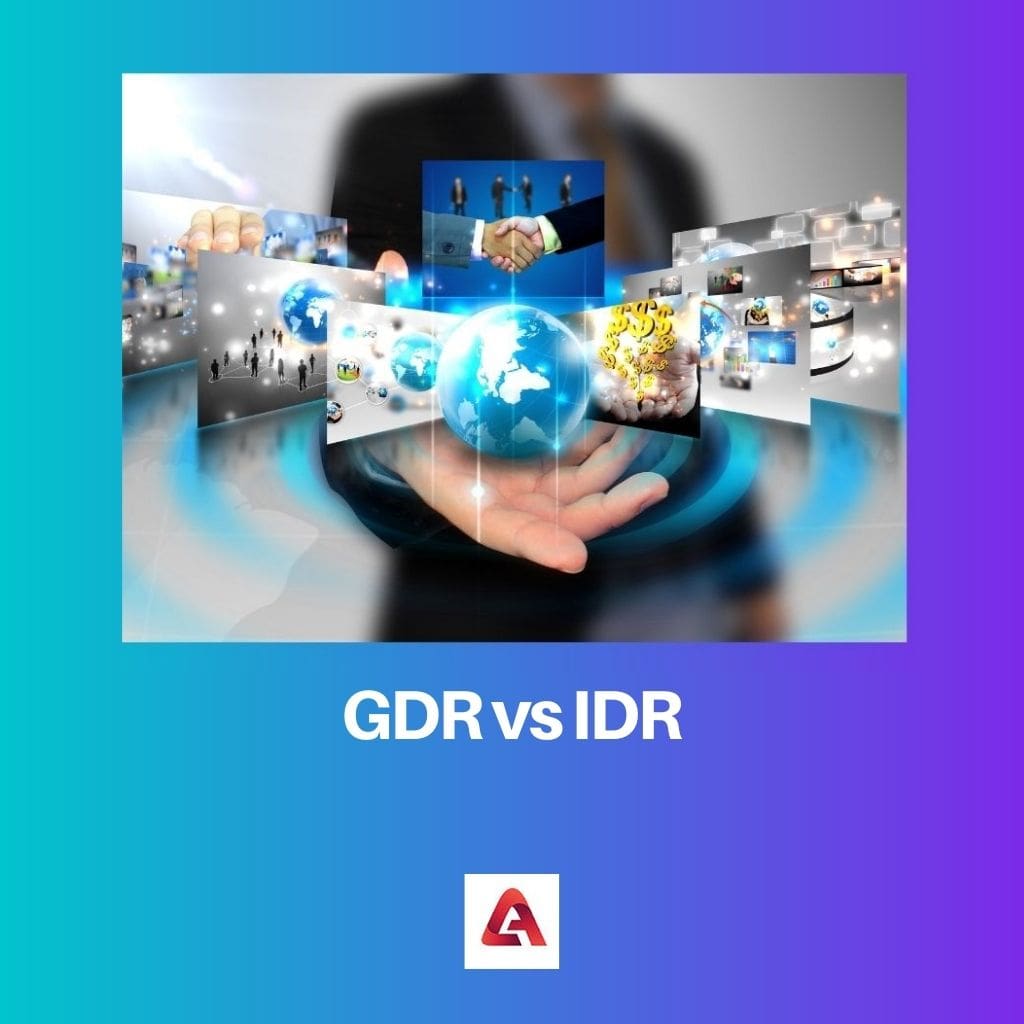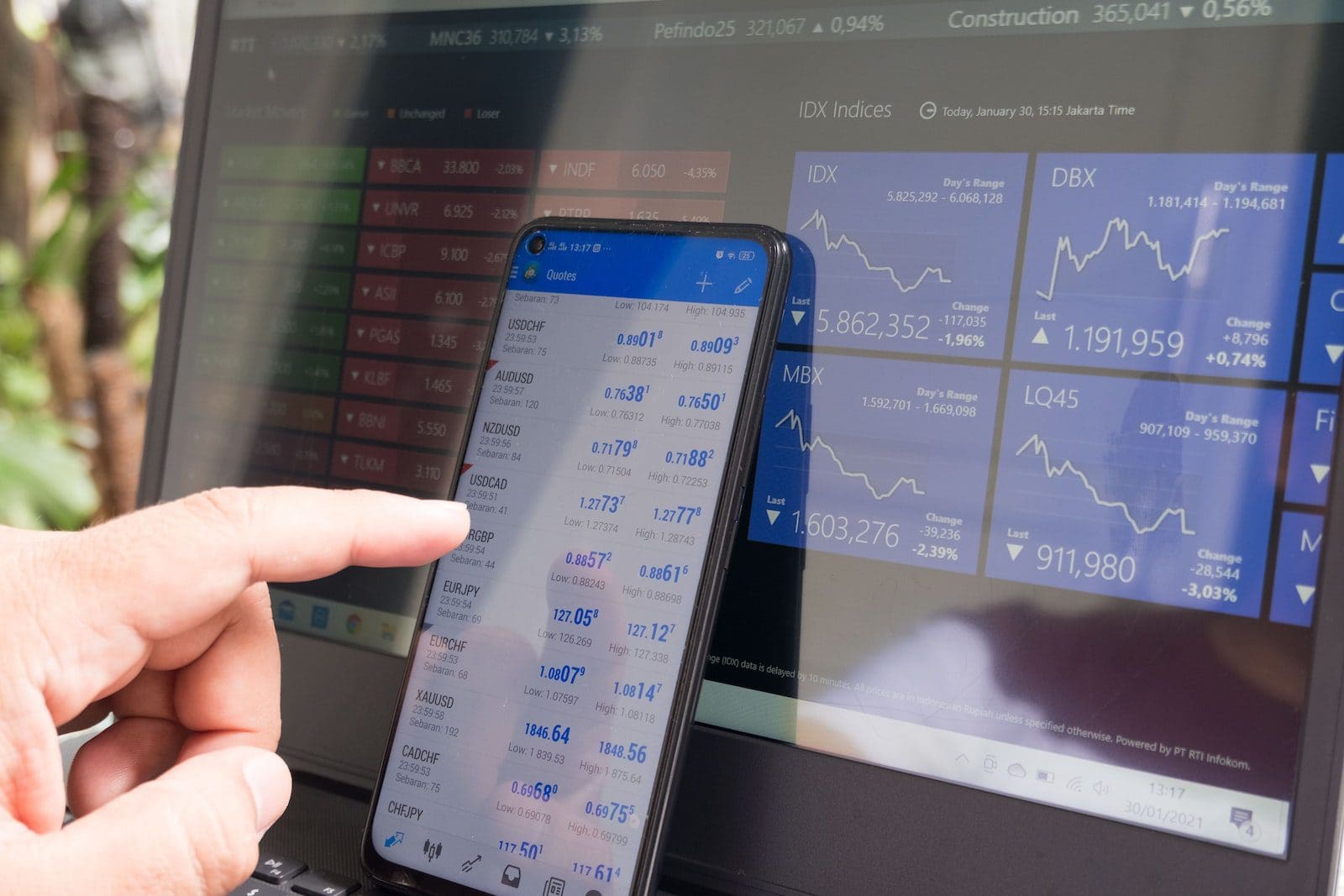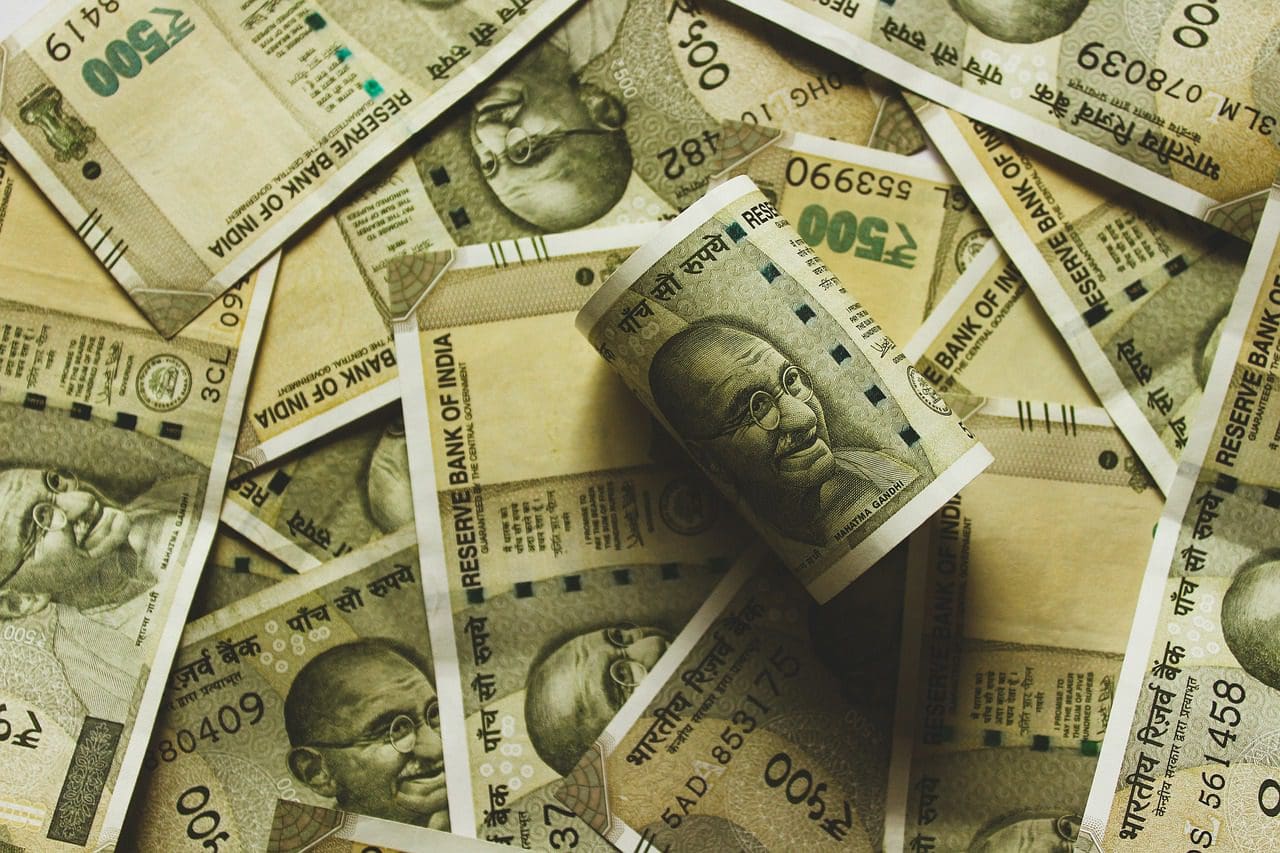A Financial instrument is a document that can be real or virtual. It represents a legal agreement that involves any monetary value. All forms of assets, such as currencies, bonds, and stock, are financial instruments.
Also, companies would always like to expand their services worldwide. The Depository Receipt is highly helpful for that purpose.
The forms of DR are
Key Takeaways
- Financial instruments: GDR (Global Depository Receipt) is an instrument issued by a foreign depository bank representing shares of a domestic company. In contrast, IDR (Indian Depository Receipt) is specifically issued in India, representing shares of a foreign company.
- Market access: GDRs allow companies to raise capital in international markets, while IDRs enable foreign companies to access the Indian stock market.
- Trading and settlement: GDRs are traded and settled in foreign currency, while IDRs are traded and settled in Indian rupees.
GDR vs IDR
The difference between IDR and GDR is that an Indian Depository Receipt is a method for foreign companies to raise their capital in India. In contrast, Global Depository Receipt is a certificate that a company uses to purchase the share of foreign companies.

Comparison Table
| Parameters | GDR | IDR |
|---|---|---|
| Negotiability | GDR is negotiable all over the world. | IDR is negotiable only within India. |
| Issued in | A GDR is published in European countries. | An IDR is issued in India. |
| Purpose | It helps companies to acquire resources all over the world. | To help foreign companies to acquire the resources India. |
| Listed in | A GDR is listed in LSE. | An IDR will be listed in NSE. |
| Application | GDR will be applied by companies all over the world, including India. | The Indiana companies will not apply for Indian Depository Receipt. |
What is GDR?
Global Depository Receipt is commonly known as GDR. It is also known as European Depository Receipt and International Depository Receipt. It is listed in LSE.
It might appear similar to American Depository Receipt (ADR), but here the stocks will be represented outside the U.S stocks. A depository bank will issue the GDR certificate.
The numbers in this certificate show the number of shares that a particular company owns in its name. A unique feature is that they will be traded as domestic shares but can be bought globally.
Advantages of Global Depository Receipt
- An investor need not worry about the cross-country practices while it is issued with a GDR.
- A GDR offers voting rights to the holders who are issued with it.
- When a company is issued with a GDR, trading becomes more accessible.
- The common language, English, will be used in corporate meetings. This helps in more accessible communication.

What is IDR?
It is a financial instrument that helps foreign companies to expand their funds in the Indian market. Unlike the ADR and GDR, an IDR will be issued in the Indian denomination.
Because the denomination of a Global Depository Receipt is in dollars or Euro, but in India, the trade is made in Rupees. So it is required for a company to obtain the Indian Depository Receipt.
Advantages of Indian Depository Receipt
- The companies will have access to the liquid assets
- The company need not worry about a hostile takeover when it has an IDR
- The significant risk associated with foreign exchange is eliminated here.
- There is an advantage if exploiting the international demand for shares that a company is holding with it.

Main Differences Between GDR and IDR
- The Indian Depository Receipt is economical compared to Global Depository Receipt if the company wants to invest in India.
- There is a lack of clarity on the issue of the Depository Receipts to the companies under the Indian Depository Receipt. But to issue the taxes under GDR is more accessible and has clarity.

- https://iopscience.iop.org/article/10.1088/0954-3899/25/1/002/meta
- http://vslir.iima.ac.in:8080/jspui/handle/11718/12929

The information on the references is inadequate, more sources should have been added.
I think this article is too technical for someone who has no financial background. It’s all Greek to me.
I found the tonality of this article to be very comical. The author’s sense of humor is refreshing.
This is by far the best piece I’ve read on GDR and IDR. It is highly intellectual and very well-structured.
The information provided is very helpful. I appreciate the clarity of the comparison table.
I found this article to be quite dull. It lacks relevant examples and real-world scenarios.
The difference between GDR and IDR has never been made clearer. Very insightful.
I wish the advantages of GDR and IDR were more detailed, it feels incomplete.
This article is so informative, I did not know the difference between GDR and IDR. It helped me a lot. I will definitely share it with my friends.
I definitely agree with you; this article is so thorough and very educational.
This article seems very biased towards GDR. An unbiased comparison would be more useful.